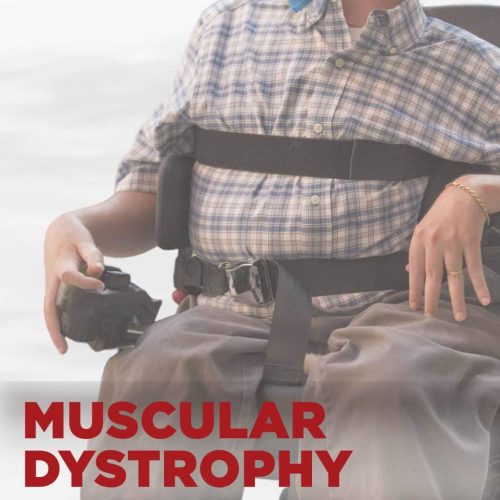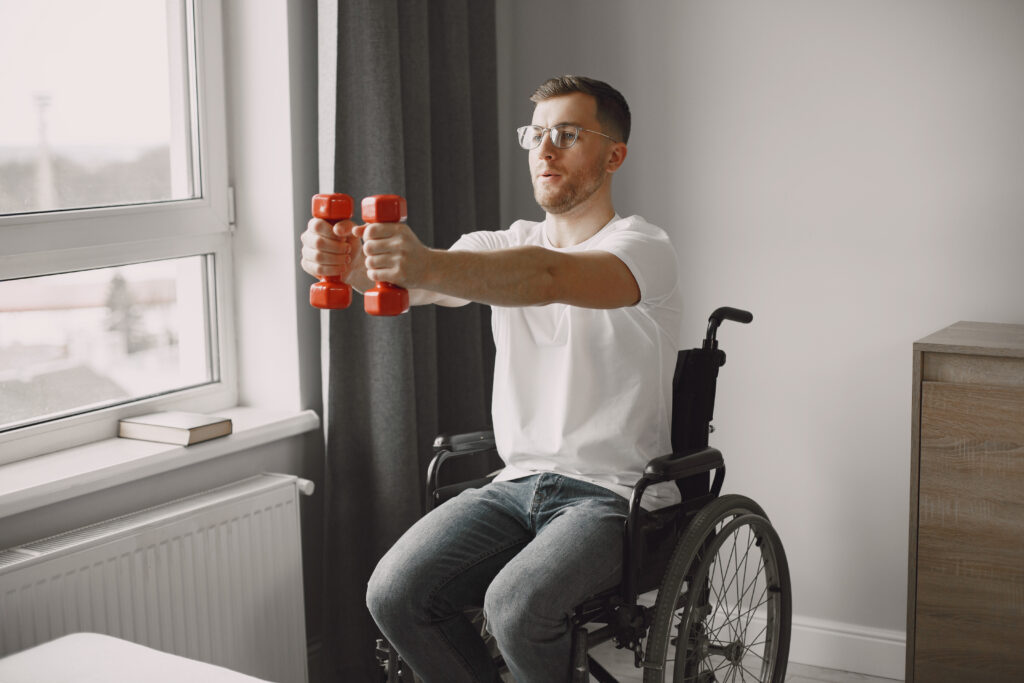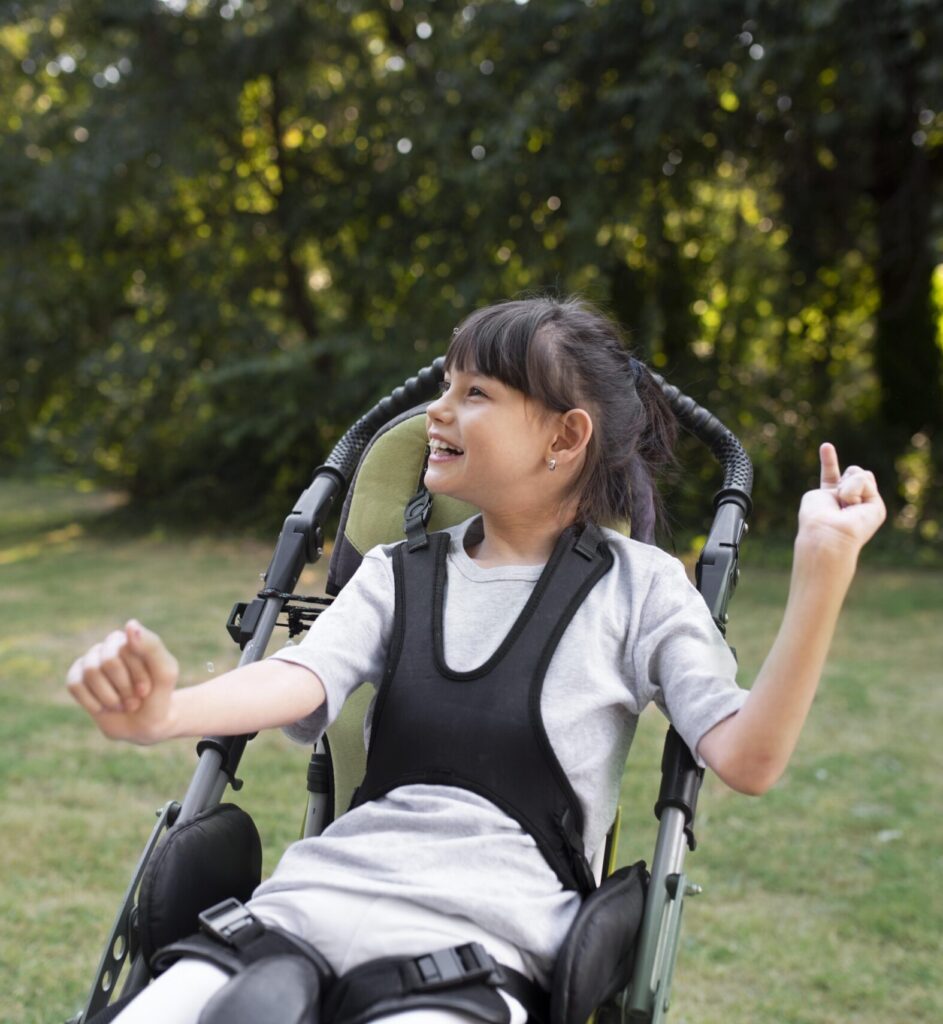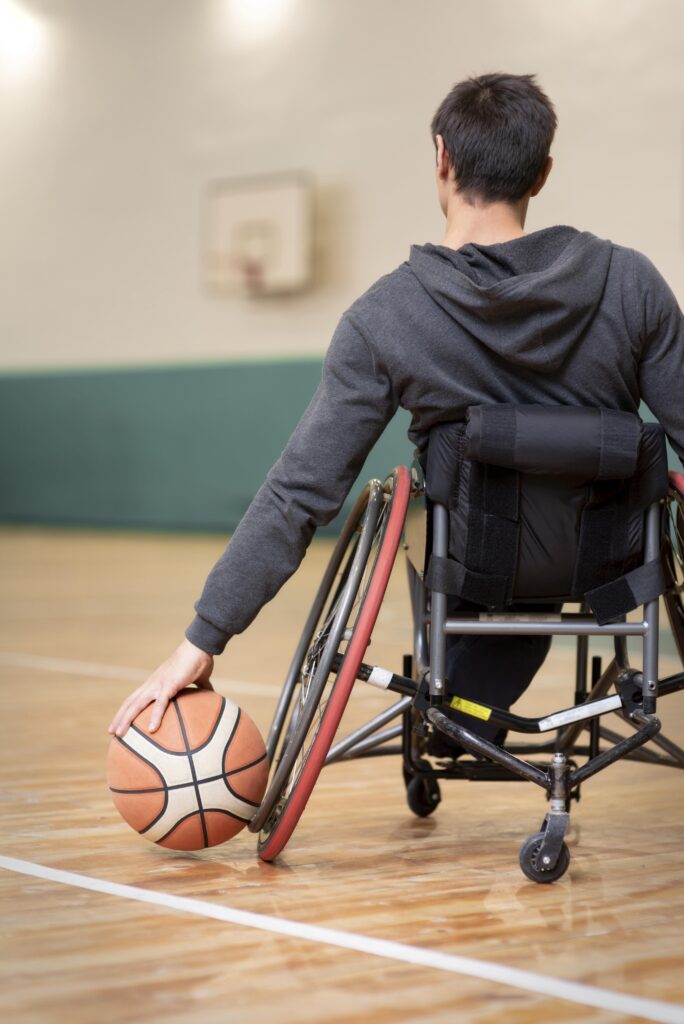Muscular Dystrophy
MUSCULAR DYSTROPHY is a group of diseases that cause progressive weakness and loss of muscle mass. In muscular dystrophy, abnormal genes (mutations) interfere with the production of proteins needed to form healthy muscle. There are many kinds of muscular dystrophy. Symptoms of the most common variety begin in childhood, mostly in boys. Other types don't surface until adulthood.
Since person with this condition will progressively having muscle weakness. The main goal of muscular dystrophy treatment in physiotherapy is to improve strength in large muscle group, prevent scoliosis and contracture. Specific signs and symptoms begin at different ages and in different muscle groups, depending on the type of muscular dystrophy.


CAUSE
Certain genes are involved in making proteins that protect muscle fibers. Muscular dystrophy occurs when one of these genes is defective. Each form of muscular dystrophy is caused by a genetic mutation particular to that type of the disease. Most of these mutations are inherited.
Sign and Symtoms
- Signs and symptoms, which typically appear in early childhood, might include:
- Frequent falls
- Difficulty rising from a lying or sitting position
- Trouble running and jumping
- Walking on the toes
- Large calf muscles
- Waddling gait
- Delayed growth

Complication: Progressive mucle weakness
1 – TROUBLE WALKING
Some people with muscular dystrophy eventually need to use a wheelchair
2 – TROUBLE USING ARMS
Daily activities can become more difficult if the muscles of the arms and shoulders are affected.
3 – SHORTENING OF MUSCLES OR TENDONS AROUND JOINTS (CONTRACTURES)
Contractures can further limit mobility
4 – BREATHING PROBLEMS
Progressive weakness can affect the muscles associated with breathing. People with muscular dystrophy might eventually need to use a breathing assistance device (ventilator), initially at night but possibly also during the day.
5 – CURVED SPINE (SCOLIOSIS)
Weakened muscles might be unable to hold the spine straight
6 – HEART PROBLEMS
Muscular dystrophy can reduce the efficiency of the heart muscle

We are ready to help.
Muscular Dystrophy Treatment
(1) RANGE OF MOTION EXERCISES
(2) STRETCHING
(3) LOW-IMPACT WORKOUTS such as swimming or water exercise (aquatic therapy).
(4) SUPPORTIVE BRACING – This helps to maintain normal function as long as possible Proper wheelchair seating is essential. Molded ankle-foot orthoses help stabilize gait in patients with foot drop. Lightweight plastic ankle-foot orthoses (AFOs) for footdrop are extremely helpful. Footdrop is easily treatable with AFOs. Occasionally, walking may become hampered by paraspinal muscle contractures; in that case, a wheelchair may assist the individual when it is necessary to cover long distances.
Quality life for Muscular Dystrophy Patient
- Adaptive or assistive technological devices in the classroom (such as a keyboard for writing)
- Use a wheelchair or wear joint braces
- Use a ventilator for breathingsuch as swimming or water exercise (aquatic therapy).
- Need special considerations about absences, shortened school days, and missed classwork and homework due to physical therapy sessions. therapy).

